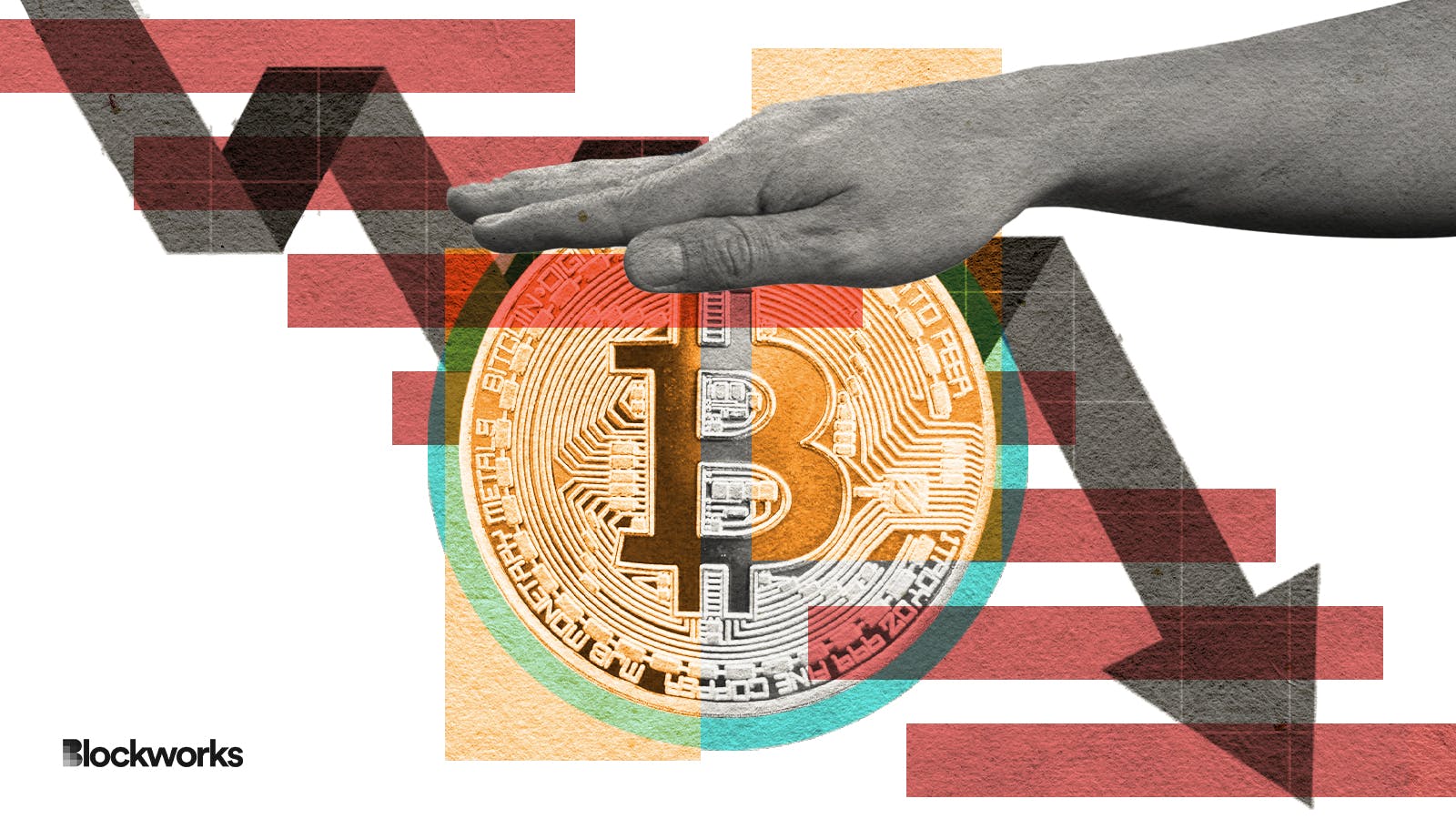Petty legislation is crypto’s greatest enemy
Whether intentional or not, it’s clear that some newly proposed legislation could crush any incentive for the free market to create new crypto advancements

Artwork by Crystal Le
As a member of the House Financial Services Committee, I’ve planted my stake in the ground to support access to capital. I want to ensure that government overreach is deterred, especially when it comes to advancing the digital asset marketplace.
The House Financial Services and House Agriculture Committees took a major step forward for the digital asset community with the passage of the Financial Innovation and Technology for the 21st Century Act, or FIT, back in July 2023. The bill sets out the first comprehensive regulatory framework for the ecosystem and reigns in the rogue agencies seeking to decapitate the budding industry.
Unfortunately, the Upper Chamber — with the help of both Democrats and Republicans — is working overtime to buck the actions of the House in favor of policies to eliminate their decentralized competition. Look no further than Senator Warren, D-Mass’., Digital Asset Anti-Money Laundering Act, and Senator Reed, D-RI’s Crypto Asset National Security Enhancement and Enforcement Act (CANSEE Act).
Under the ruse of “national security,” Senator Warren’s bill purports to combat illicit finance by extending the burdensome regulations found in existing laws like the Bank Secrecy Act and know-your-customer (KYC) requirements to wallet providers, miners, validators and virtually every participant of the blockchain community. Just as troubling, Warren’s bill also mandates that banks and money service businesses track the identities of and maintain records for those using and developing “unhosted” wallets, even though they are simply self-storage devices.
These bureaucratic constraints are impractical and strike at the foundation of our Constitutional Republic and the American people’s privacy rights.
Now, I’m keenly aware of what the critics will say, and to set the record clear — I nor anyone who agrees with my stance — is in favor of illegal financial activity. Parallel to that self-evident fact is the genuine concern of many like me, those who have issues with lawmakers creating politics that will intentionally destroy the next generation of financial technology.
More granularly, there are millions of daily transactions in mere seconds on blockchain networks — applying KYC disclosures aggregate of the blockchain network is asinine and unworkable. Could you imagine if this same misguided approach was implemented in the early days of the internet? We’d be stuck in a technological dark age, drowning in seas of regulation and red tape.
Read more from our opinion section: Elizabeth Warren has a lot to say about crypto — try listening for once
Like many in the crypto community, I’m increasingly concerned about the ambitions of people like that senior senator from Massachusetts, who has made her intentions to usher in disastrous, warrantless federal surveillance and altogether dismantle domestic decentralized finance quite clear.
By deputizing banks and money service businesses, the Digital Asset Anti-Money Laundering Act creates a backdoor to blockchain networks, allowing direct access to individuals’ transactions. Lacking true anonymity, permissionless-ness and decentralization, the fundamental benefits of blockchain technology will become much more limited, and the likelihood of mainstream adoption in the US will dwindle.
Whether they share Senator Warren’s anti-crypto motives or not, 19 additional senators have agreed to support her bid to end financial privacy. It also appears that Senator Warren’s efforts have inspired four other senators to join her endeavor to destroy domestic financial innovation, this time through the CANSEE Act. This measure — introduced by another New England Democrat, Jack Reed, D-RI, — has the support of Virginia’s Senator Warner, D-VA, and two members of my party, South Dakota’s Senator Rounds, R-SD, and Utah’s Senator Romney, R-UT.
The CANSEE Act is even more troubling, as it would make DeFi project developers subject to criminal liability via the Bank Secrecy Act. We have Senator Reed on the record lauding the fact that his bill would make anyone who “controls” a DeFi project criminally responsible if a third party — who is subject to US sanctions — uses the platform. The text of Reed’s bill goes even further by defining “control” as anyone with “the power, directly or indirectly, to instruct change in the computer code or other terms governing the operation of the protocol, as determined by the Department of the Treasury.” The bill text also adds that such power may be exercised through ownership of governance tokens, administrator privileges, the ability to alter or upgrade computer code or otherwise.
Even more absurd is what happens if the Treasury Security can’t determine who controls the DeFi project. Then, according to Senator Reed, anyone who invests too much money in the project will be subject to potential criminal penalties instead “as a backstop.”
Setting aside the impracticability of the bill text itself and the attempt to shoehorn new financial technology into an incompatible regulatory model, the efforts to criminalize innovation are deeply concerning.
Those tracking the legislative sausage-making related to the crypto community should watch the Chair of the Senate Banking Committee, Senator Sherrod Brown, D-OH., as he seems increasingly friendly to these radical proposals under the guise of money laundering and illicit finance policy. Whether intentional or not, it’s clear that the adoption of these pieces of legislation will crush any incentive for the free market to create new advancements. By effectively sidelining its competition and outlawing the development of alternatives, the federal government’s implementation of a central bank digital currency (and all of the privacy and government outreach concerns along with it) becomes more inevitable.
While the current Republican majority remains determined to block these bills from advancing in the House of Representatives, the fight is far from over. Americans everywhere must remain vigilant against government tyranny in all of its forms and all of its disguises.
Get the news in your inbox. Explore Blockworks newsletters:
- The Breakdown: Decoding crypto and the markets. Daily.
- 0xResearch: Alpha in your inbox. Think like an analyst.






